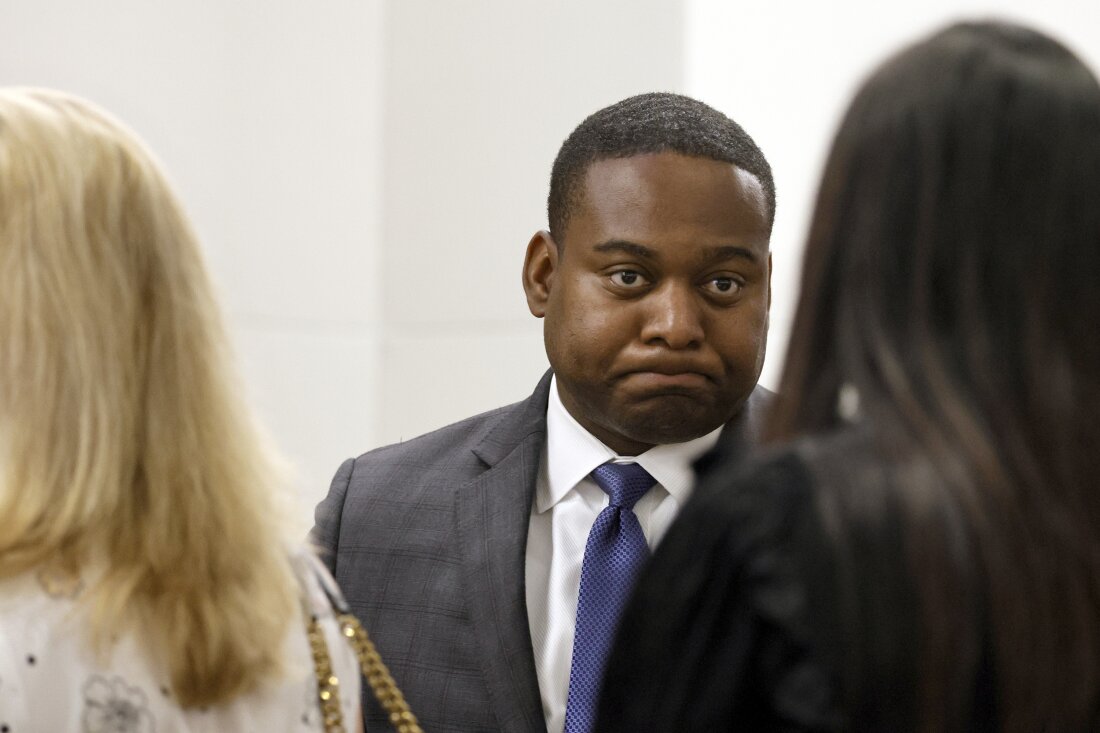Florida’s Crack Epidemic: Decades-Old Convictions May Be Overturned—What It Means for Justice
A Florida prosecutor has announced plans to overturn up to 2,600 convictions of individuals who purchased crack cocaine produced by the Broward County Sheriff’s Office as part of sting operations conducted between 1988 and 1990.
A prosecutor in Florida has revealed plans to pursue the dismissal of up to 2,600 convictions stemming from controversial sting operations carried out by the Broward County Sheriff’s Office between 1988 and 1990. During these operations, law enforcement officials manufactured and sold crack cocaine to individuals as part of reverse sting tactics aimed at combating drug-related crime.
The move to vacate these convictions comes amid growing scrutiny over the fairness and ethical implications of such practices, particularly during the height of the crack epidemic, which disproportionately impacted marginalized communities.
In 1993, the Florida Supreme Court ruled that individuals could not be prosecuted in cases where the Broward County Sheriff’s Office manufactured crack cocaine and undercover deputies sold it to buyers who were then arrested and charged.
On Friday, Broward County State Attorney Harold F. Pryor stated that while reviewing old case files, his office discovered that many individuals may still have criminal convictions or charges on their records as a result of these sting operations.

“It is never too late to do the right thing,” Pryor emphasized in his statement.
This situation highlights a broader issue from the crack cocaine epidemic of the 1980s and early 1990s, which led to aggressive law enforcement tactics and severe criminal penalties that disproportionately affected vulnerable communities.
Some individuals may have faced serious felony convictions for purchasing drugs within 1,000 feet (300 meters) of a school. Under the law at that time, such convictions carried a mandatory minimum sentence of at least three years in prison.
“They were arresting people not for selling, but for purchasing,” explained Ed Hoeg, a defense attorney, in an interview with the Sun Sentinel of Fort Lauderdale. Hoeg, who was a public defender at the time, represented Leon Williams, whose legal appeal ultimately led to the Florida Supreme Court ruling that outlawed the practice.
Hoeg described the operations, saying, “They had detention deputies posing as drug dealers. These deputies would sell crack cocaine to individuals, many of whom were struggling addicts. The transactions often took place within 1,000 feet of schools, which allowed law enforcement to impose harsher penalties under the law.”
At the time, the Broward County Sheriff’s Office defended its actions, stating that it began manufacturing crack cocaine because there wasn’t enough of the drug seized during other investigations to carry out sting operations effectively. Additionally, by producing the crack themselves, the sheriff’s office avoided the need to test the cocaine content of the drug, as it had been prepared and verified by an in-house chemist.
In its decision, the Florida Supreme Court stated, “We find that the law enforcement’s conduct here was so outrageous as to violate Florida’s due process clause.” The court’s ruling underscored the extent to which the tactics used in the sting operations were deemed unjust and unconstitutional.
Broward County State Attorney Harold F. Pryor announced that he has informed Broward County Sheriff Gregory Tony of his intention to request that judges vacate the convictions tied to these controversial cases. According to Pryor, Sheriff Tony fully supports this plan. Pryor also mentioned that some individuals affected by the convictions might have the opportunity to seal or expunge their criminal records, which would remove the long-term consequences of these charges.
Pryor acknowledged that the process of reviewing and addressing these cases will take “a considerable amount of time” due to the large number of convictions involved and the decades that have passed. He emphasized that his office is committed to ensuring justice and will proactively reach out to individuals who may be impacted by the review.


Comments are closed, but trackbacks and pingbacks are open.